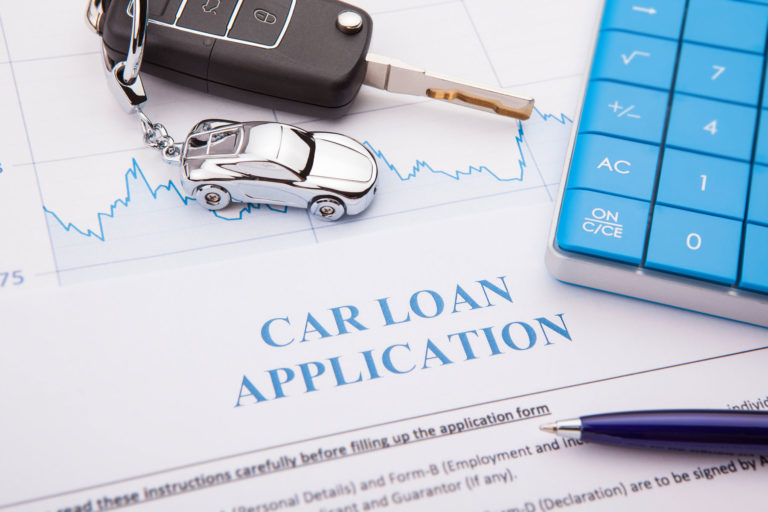Financing a car for the first time can be really exciting: you finally get your own set of wheels and can go wherever you want! Below you’ll find tips for financing cars for beginners. You’ll learn about things to consider and research before jumping into that first financed purchase.
Calculate Your Budget
Don’t look for the car you want first and then figure out how you can afford it. Calculate what you can afford first and then find a car that fits. In addition, set aside money for life’s surprises, both happy and sad. Not keeping enough in your budget for those moments will leave you worrying about your next car payments when they happen.

So, once you know how much you can pay for your car each month , don’t budge from that on the car lot.
Ash Lebada, finance manager Garston Motors in Cambridge, Ontario, says, “Also resist the urge to just go out and make a purchase. Car ownership requires you to actually be able to maintain the car, and deal with emergency major repairs.”
If you’re financing your car for the first time, it’s easy to fixate on the monthly or weekly lease price and forget everything else. Remember to factor in costs for insurance, gas, repairs, maintenance, your deductible, etc. Don’t include just the monthly payment.
Learn about Different Types of Financing
Do you want a bank loan? A lease? A dealership that offers financing services in-house or via third parties (e.g., banks)? Investigate your options and learn what each one means. While you’re conducting your research, check your credit score, too. If you have a low credit score, be prepared to pay higher interest rates.
No Credit History? Start Creating One
There are many reasons why you might be financing your car for the first time. However, if you’re young or new to Canada, you may not have developed any credit history here yet. Having a good credit history signals to lenders that you will likely pay regularly, so they’ll offer you a lower interest rate. Therefore, consider putting off buying a car until you have developed a track record of paying on time.
Lebada explains that a $20,000 car that’s paid off over five years can cost $483/month if your credit score is under 500 or $378 if it’s better. That’s because the poor credit score could mean you’re paying 15.1% interest versus 5%. Your credit history makes a difference.
Get Insurance Quotes Before You Shop
If you’re in the market for a car, you likely already have a shortlist of contenders in your mind. Call your broker now and get insurance quotes on those cars. Insurance rates aren’t calculated in the same way they were for your parents, so it’s not always obvious which cars likely come with lower insurance premiums.
Revisit Your Budget

Now that you have a better idea of what interest rates you could be paying and how much insurance might cost you, re-evaluate your budget to ensure it’ll all fit. One of the biggest beginner mistakes when it comes to financing your car is trying to squeeze too much room into the household budget. You’ll see that owning a car isn’t cheap, but with proper planning, you’ll be able to worry less about the money and more about enjoying your purchase.
Related Articles:
- Bad Credit? 5 Tips on Getting a Fair Car Loan
- How Much of Your Income Should You Spend on Your Vehicle?
- Car Insurance for the Whole Family
- Car Insurance for Young Drivers


